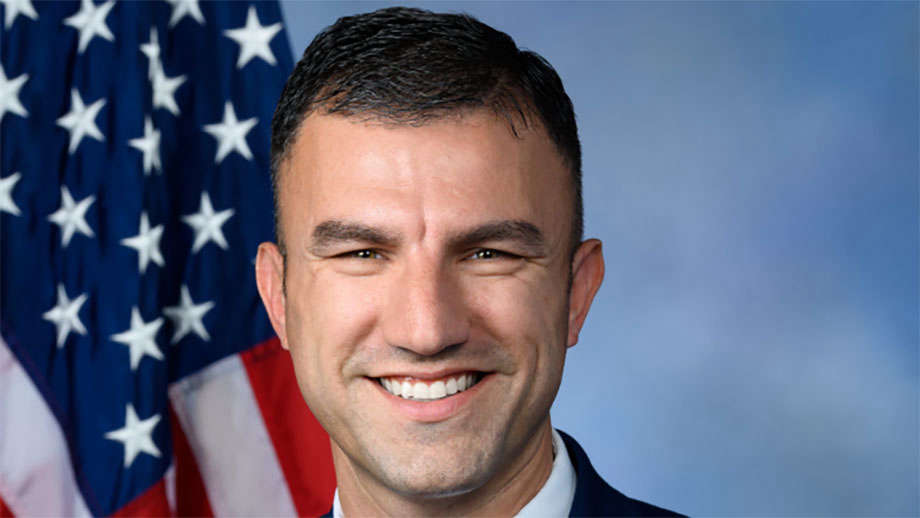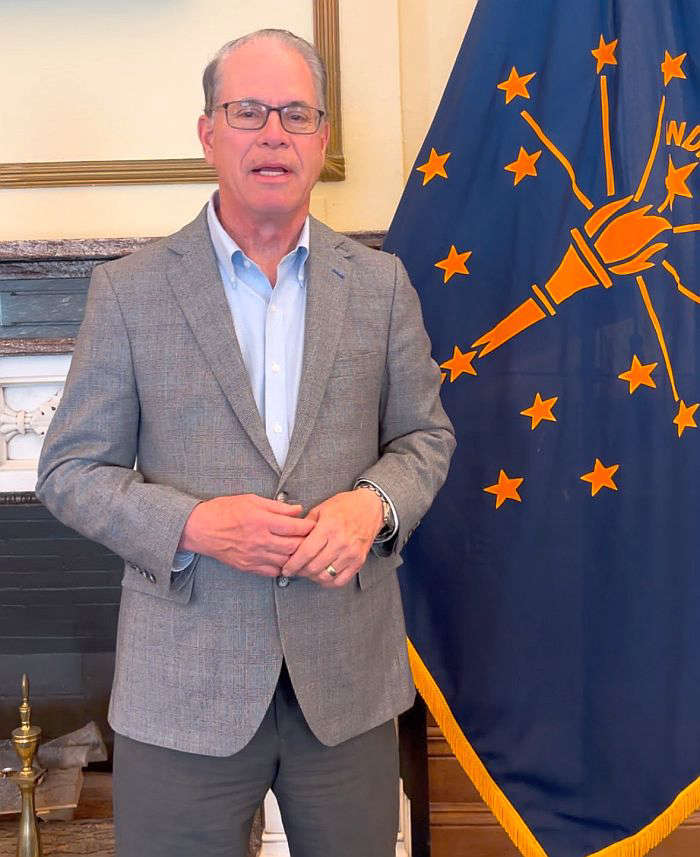
Today, Congressman Rudy Yakym (IN-02) introduced the National Veterans Advocate Act of 2025, which would expand the existing VA Office of Patient Advocacy's duties to improve veteran casework and build a mechanism to allow those working with veterans to provide feedback to Congress so we can fix the problems veterans face when using VA services.
“We owe our veterans a debt that can never truly be repaid,” Rep. Yakym said. “At the very least, we must do everything in our power to ensure they can access every available resource when they return home. This bill is a meaningful step toward providing the immediate, improved care our heroes deserve.”
“The men and women who’ve put on our nation’s uniform deserve the resources to receive the quality care and support from VA,” Chairman of the House Committee on Veterans’ Affairs Mike Bost said. “My friend, Rep. Yakym’s bill, the National Veterans Advocate Act of 2025 would give veteran patients the opportunity they have earned to improve health care services for themselves and their fellow veterans. I’m proud to see Rep. Yakym introduce this bill and thank him for his work to put veterans and their families first.”
Full bill text can be found here
A one-pager of the bill can be found here.
Background:
The Department of Veterans’ Affairs (VA) is the largest integrated healthcare system in the United States. The VA serves more than 9 million veterans and maintains over 1,300 medical facilities ranging from massive hospital complexes to small, rural outpatient clinics. The services that Congress charges the VA with delivering are of a monumental scale and have life or death implications for people who have sacrificed a great deal for our nation, our veterans.
In its current state, patient advocates are unable to pass along feedback based on the experiences they have assisting veterans dealing with the VA. Their knowledge of routine problems with VA care and services should not be wasted. Congress and the VA should work to capture their experience to make the department better at caring for our nation’s veterans.
This legislation would expand the duties of the existing VA Office of Patient Advocacy. The office would retain its current duty of helping veterans navigate the VA, but this bill would also add a recommendation making responsibility to the office. The legislation also requires that the office be made into an independent body within the VA that will transmit semiannual reports to Congress that contain recommendations to improve VA processes and the quality of care that it delivers to our nation’s veterans.
This report will be transmitted to the House and Senate VA Committees and no VA official will be permitted to view the report before it reaches Congress.
The reforms to this office are modeled after the Office of the National Taxpayer Advocate, which is a similar independent body within the IRS.


 Board of Public Works & Safety confronted on VanVactor Drive name change, asked to change it back
Board of Public Works & Safety confronted on VanVactor Drive name change, asked to change it back
 County Police arrest Grand Rapids man for driving without a license
County Police arrest Grand Rapids man for driving without a license
 66-year-old Plymouth man arrested for intentionally driving without a license
66-year-old Plymouth man arrested for intentionally driving without a license
 Bourbon teen arrested, driving 102 MPH on U.S. 30
Bourbon teen arrested, driving 102 MPH on U.S. 30
 Marshall County Communiity Foundation awards spring 2025 grants
Marshall County Communiity Foundation awards spring 2025 grants
 Become a lifesaving volunteer by giving blood with the Red Cross
Become a lifesaving volunteer by giving blood with the Red Cross
 Motorists: stay alert and share the road with farm equipment this spring
Motorists: stay alert and share the road with farm equipment this spring
 Governor Braun Announces Partnership between Indiana Excise Police, Indiana State Police to crack down on crime involving ‘nuisance bars’
Governor Braun Announces Partnership between Indiana Excise Police, Indiana State Police to crack down on crime involving ‘nuisance bars’




